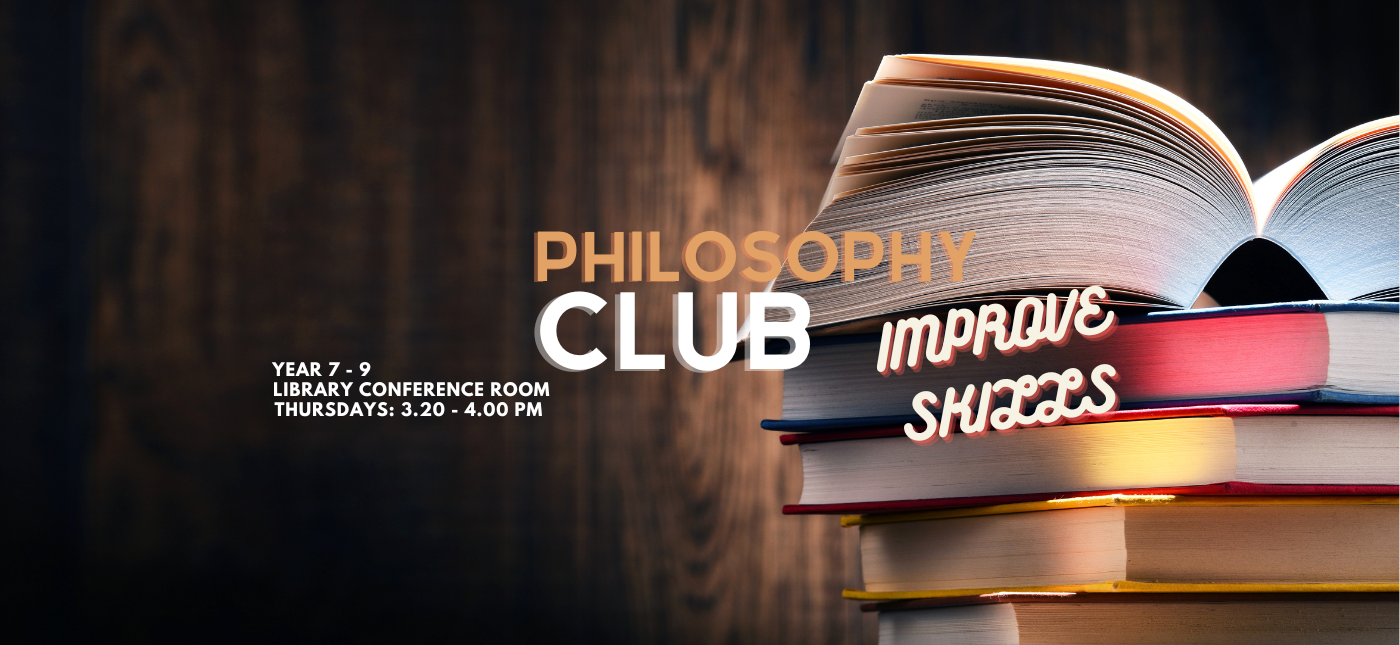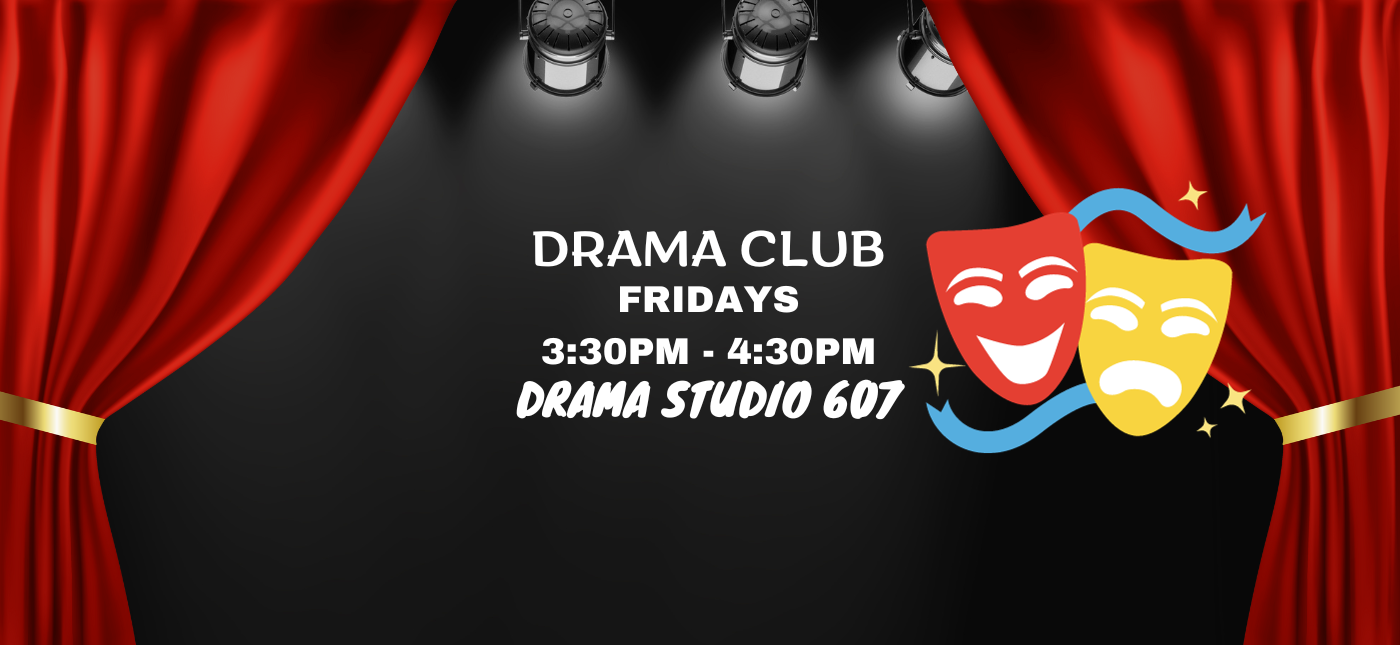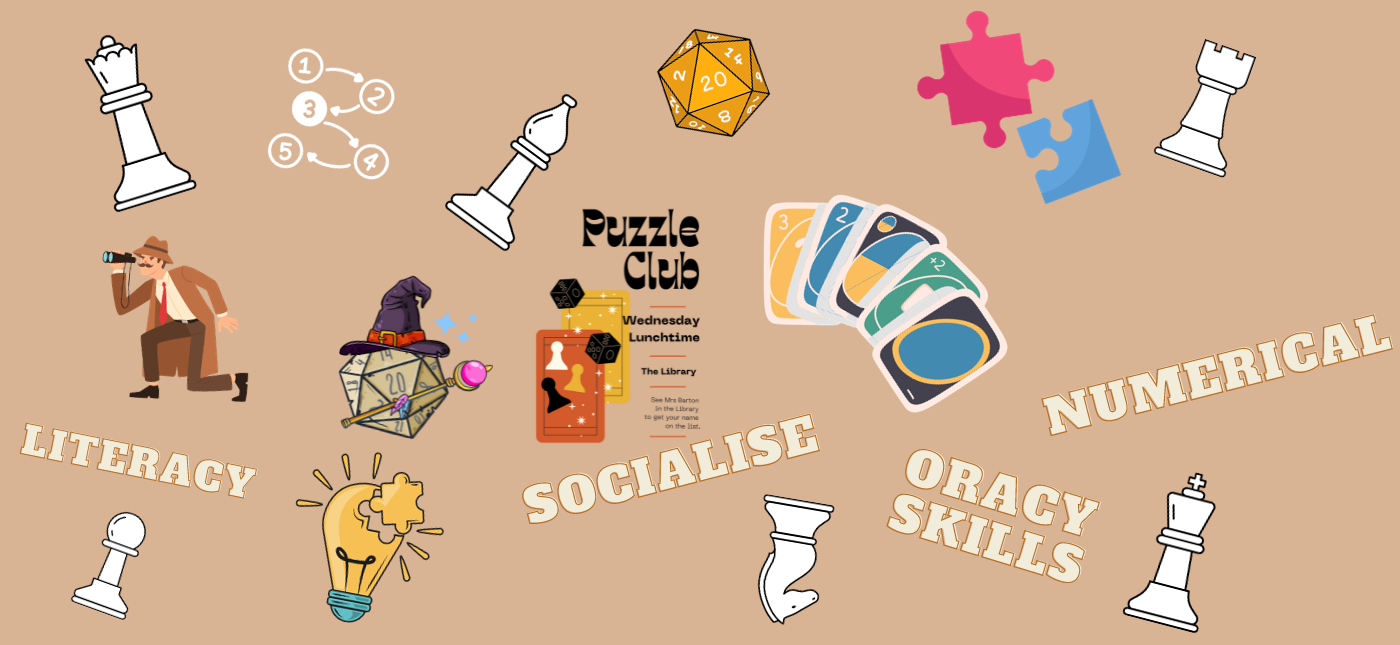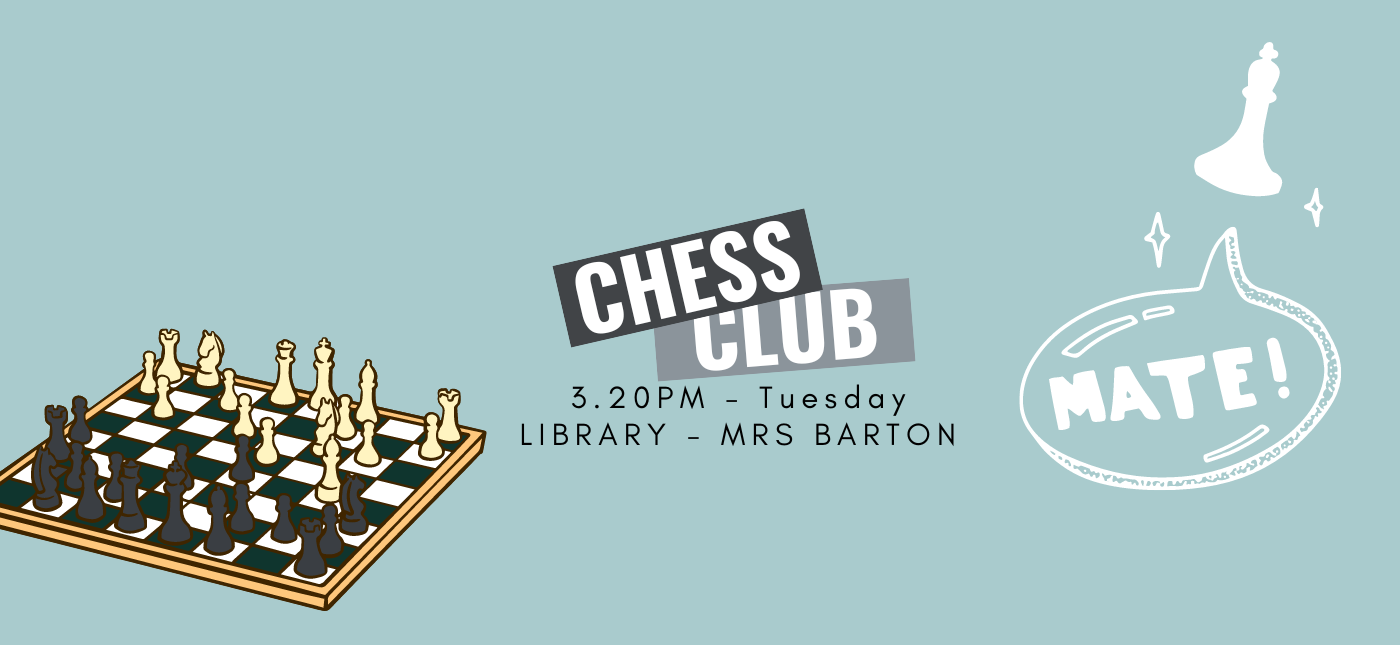Wider Reading
Key Stage 3 Recommended Reads
The Number Devil: A Mathematical Adventure by Hans Magnus Enzensberger
Twelve-year-old Robert hates his maths teacher: he sets his class boring problems and won't let them use their calculators. Then in his dreams Robert meets the Number Devil, who brings the subject magically to life, illustrating with wit and charm a world in which numbers can amaze and fascinate, where maths is nothing like the dreary, difficult process that so many of us dread. The Number Devil knows how to make maths devilishly simple.
Professor Stewart's Cabinet of Mathematical Curiosities by Ian Stewart
There are some hidden gems of logic, geometry and probability -- like how to extract a cherry from a cocktail glass (harder than you think), a pop up dodecahedron, the real reason why you can't divide anything by zero and some tips for making money by proving the obvious. Scattered among these are keys to unlocking the mysteries of Fermat's last theorem, the Poincaré Conjecture, chaos theory, and the P/NP problem for which a million dollar prize is on offer. There are beguiling secrets about familiar names like Pythagoras or prime numbers, as well as anecdotes about great mathematicians. Pull out the drawers of the Professor's cabinet and who knows what could happen...
Murderous Maths Series by Kjartan Poskitt
Is maths making you miserable? Are you nobbled by numbers and in a tangle about angles? Well, 'Murderous Maths' is here to change all that for good. Find out how maths could help you rescue someone in deadly peril, how not to shoot yourself with a cannon, and meet some famous mathematicians who were really hard (and even some who were murdered).
What's the Point of Maths? by DK
This book unpacks how maths is an essential part of our everyday life in ways that you never thought of. Crazy facts, magic tricks, mathematical brainteasers and beautiful illustrations show you that maths is interesting, fun, and unintimidating!
Alex Adventures in Numberland by Alex Bellos
In this richly entertaining and accessible book, Alex Bellos explodes the myth that maths is best left to the geeks, and demonstrates the remarkable ways it's linked to our everyday lives. Alex explains the surprising geometry of the 50p piece, and the strategy of how best to gamble it in a casino. He shines a light on the mathematical patterns in nature, and on the peculiar predictability of random behaviour. He eats a potato crisp whose revolutionary shape was unpalatable to the ancient Greeks, and he shows the deep connections between maths, religion and philosophy.
The Code Book, the Secret History of Code and Code-Breaking by Simon Singh
From the best-selling author of Fermat’s Last Theorem, The Code Book is a history of man’s urge to uncover the secrets of codes, from Egyptian puzzles to modern day computer encryptions. As in Fermat’s Last Theorem, Simon Singh brings life to an astonishing story of puzzles, codes, languages and riddles that reveals man’s continual pursuit to disguise and uncover, and to work out the secret languages of others.
Key Stage 4 & 5 Recommended Reads
Humble Pi by Matt Parker
As Matt Parker shows us, our modern lives are built on maths: computer programmes, finance, engineering. And most of the time this maths works quietly behind the scenes, until ... it doesn't. Exploring and explaining a litany of glitches, near-misses and mishaps involving the internet, big data, elections, street signs, lotteries, the Roman empire and a hapless Olympic shooting team, Matt Parker shows us the bizarre ways maths trips us up, and what this reveals about its essential place in our world.
Game, Set and Math by Ian Stewart
These pun-studded fables by a popular science writer make complicated mathematical concepts accessible and fun. Twelve essays take a playful approach to mathematics, investigating the topology of a warm blanket, the odds of beating a superior tennis player, and how to distinguish between fact and fallacy.
Infinite Powers: The Story of Calculus by Steven Strogatz
Taking us on a thrilling journey through three millennia, professor Steven Strogatz charts the development of this seminal achievement from the days of Archimedes to today's breakthroughs in chaos theory and artificial intelligence. Filled with idiosyncratic characters from Pythagoras to Fourier, Infinite Powers is a compelling human drama that reveals the legacy of calculus on nearly every aspect of modern civilisation, including science, politics, medicine, philosophy, and much besides.
How Long is a Piece of String? By Rob Eastaway and Jeremy Wyndham
Why do weather forecasters get it wrong? What are the best tactics for playing "Who Wants to be a Millionaire?" and "The Weakest Link"? And what is the link between a tin of baked beans and a men's urinal? These and many other questions are answered in this book. It is for anyone wanting to remind themselves - or discover for the first time - that maths is relevant to almost everything we do. Dating, cooking, travelling by car, gambling and ranking sportsmen all have links with intriguing mathematical problems that are explained in this book. It reveals the secrets behind some of the best con tricks and the hidden workings of the taxi meter, and explains how epidemics start and stop.
The Music of Primes by Marcus Du Sautoy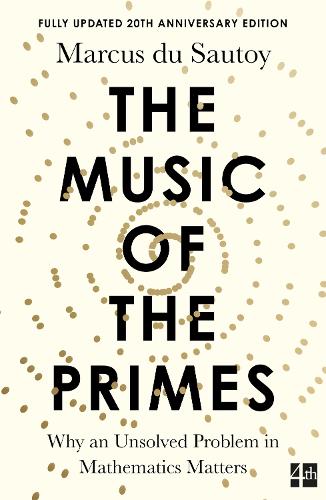
In this breathtaking book, mathematician Marcus du Sautoy tells the story of the eccentric and brilliant men who have struggled to solve one of the biggest mysteries in science. It is a story of strange journeys, last-minute escapes from death and the unquenchable thirst for knowledge. Above all, it is a moving and awe-inspiring evocation of the mathematician's world and the beauties and mysteries it contains.
An Imaginary Tale: The Story of the Square Root of -1 by Paul Nahin
Addressing readers with both a general and scholarly interest in mathematics, Nahin weaves into this narrative entertaining historical facts and mathematical discussions, including the application of complex numbers and functions to important problems, such as Kepler's laws of planetary motion and ac electrical circuits. This book can be read as an engaging history, almost a biography, of one of the most evasive and pervasive "numbers" in all of mathematics.




